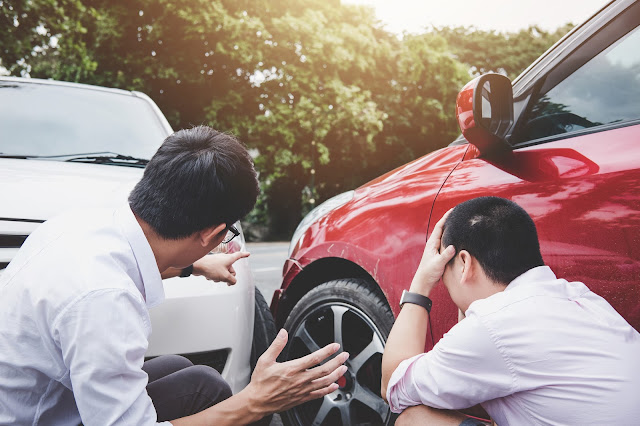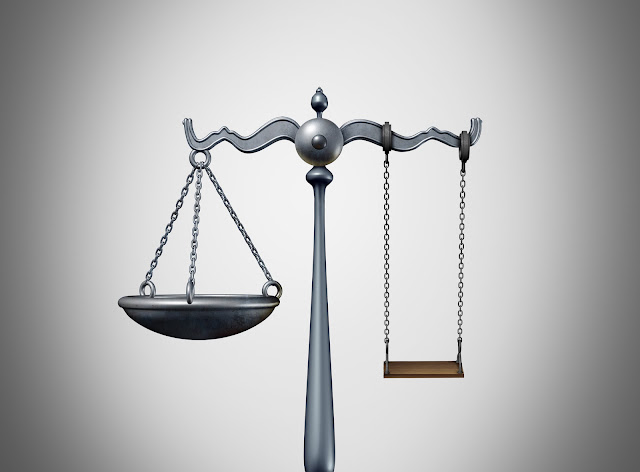
Whether someone is hurt in a car crash or injured in a slip and fall accident, the vast majority of personal injury claims require an injured victim to prove negligence. Learning about the legal concepts of duty of care and negligence can help you understand your rights and why it is important to have a seasoned attorney represent your interests.
What is Negligence?
When someone fails to act with the proper amount of care that a reasonable person would exercise in the same situation, it is considered negligence under the law. Proving negligence goes hand-in-hand with the concept of duty of care, which must also be established in a personal injury claim.
Duty of Care
People have a duty of care to act in a reasonable manner to avoid harming others. For example, when you get behind the wheel of a car you have a legal obligation to follow the rules of the road and drive safely.
Achieving a positive outcome in a personal injury claim usually requires proving these four elements:
The defendant had a legal duty to the plaintiff to use reasonable care. For example, business owners have an obligation to keep their premises safe for all who enter.
The defendant breached that duty by failing to act as a reasonable person should. For instance, a supermarket employee failing to clean-up a spill on the floor in a timely manner would be a breach of duty.
The defendant’s breach of duty caused injury or harm. In the grocery store scenario, a customer slipping and falling on the wet floor would be the “cause” of the injury.
The victim suffered injury or losses that may be compensated by recovering monetary damages. Common types of damages include medical bills, lost wages, emotional distress, and pain and suffering are examples of damages.
Gathering Evidence to Prove Negligence
Each case is unique, with multifaceted aspects that must be proven. Personal injury lawyers understand which types of relevant evidence are required to support the basis of your claim. For example, if you are involved in a car accident, evidence such as photos of the scene, pictures of your injuries, traffic camera footage, police reports, witness statements, and expert testimony from accident reconstructionists can help prove that another party was at fault for the crash and your injuries. When you are injured and trying to heal, collecting vital evidence and building your claim can be stressful and overwhelming. In cases where there is very little evidence, proving negligence can be daunting.
Comparative Negligence in Pennsylvania
In Pennsylvania, the concept of comparative negligence is often applied in personal injury claims. This means that even if you are partially at fault for your injuries, you may seek compensation for damages as long as you were less than 51 percent at fault. It is critical to seek the counsel of an attorney in these types of cases. Insurance companies use all kinds of underhanded tactics to minimize or deny claims. If you are not knowledgeable about how comparative negligence may be applied, you may not recover any compensation for your damages at all.
Personal injury cases are complex. After an accident or injury, it is vital to contact an experienced attorney as soon as you can to ensure your rights are protected. A lawyer can evaluate your case, advise you of your options, and help you move forward if a claim is warranted.
This blog was originally posted on https://www.pa4law.com/the-importance-of-proving-negligence-in-a-personal-injury-claim/

























